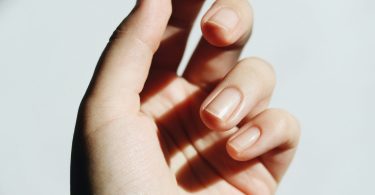Your nails are an outgrowth of your skin. They are made of protein–keratin–which...
Your Health & Wellness
Can RFK Jr. limit harmful chemical additives in our food supply?
Corporations add a multitude of chemicals into our food supply, about which you are likely not...
When looking into nursing home care, ask about staffing levels
The vast majority of Americans would prefer to age in place–live out their lives in their...
Why it’s so hard to find a primary care doctor?
With the medical profession becoming increasingly corporatized and physicians burdened by...
With exercise, every move you make counts
Just as with memory, with exercise, small bites over an extended period can generate big returns...
New research finds link between drinking alcohol and cancer
Americans continue to drink a lot of alcohol. To quantify it in economic terms, we spend about $250...
Tips for improving your memory
Andrew Budson and Elizabeth Kensinger, brain scientists, explain how to improve your memory in...
The benefits of walking barefoot at home
Believe it or not, there are benefits to walking barefoot at home. Walking barefoot actually helps...
Older adults living alone need not plan ahead alone
Who would pay your bills or oversee your health care if you were unable to do so? Who has access to...
Minimize exposure to plastic, as much as possible
Chemicals in plastic can be harmful to our health. Yet, we can’t avoid our exposure to...










